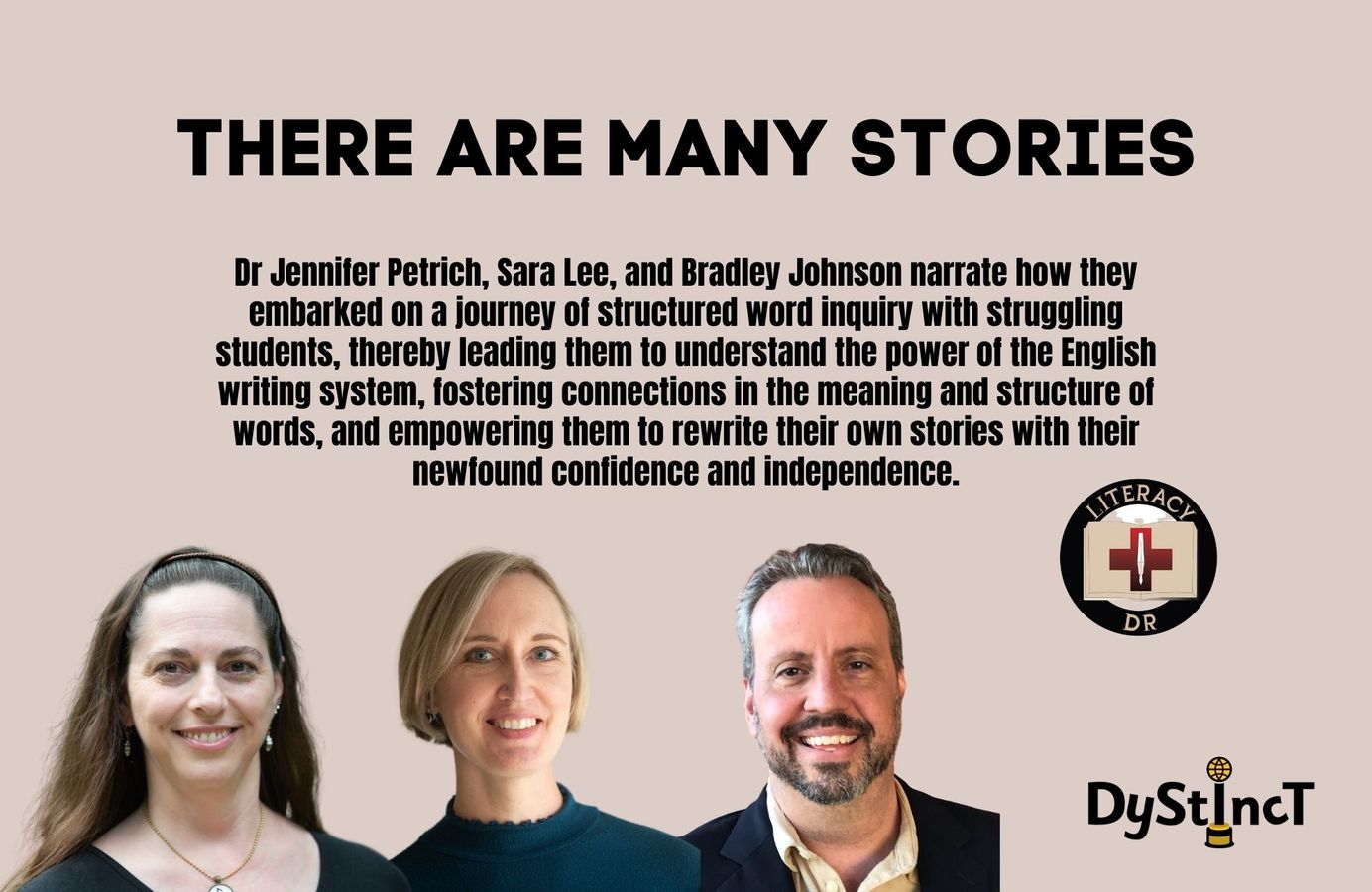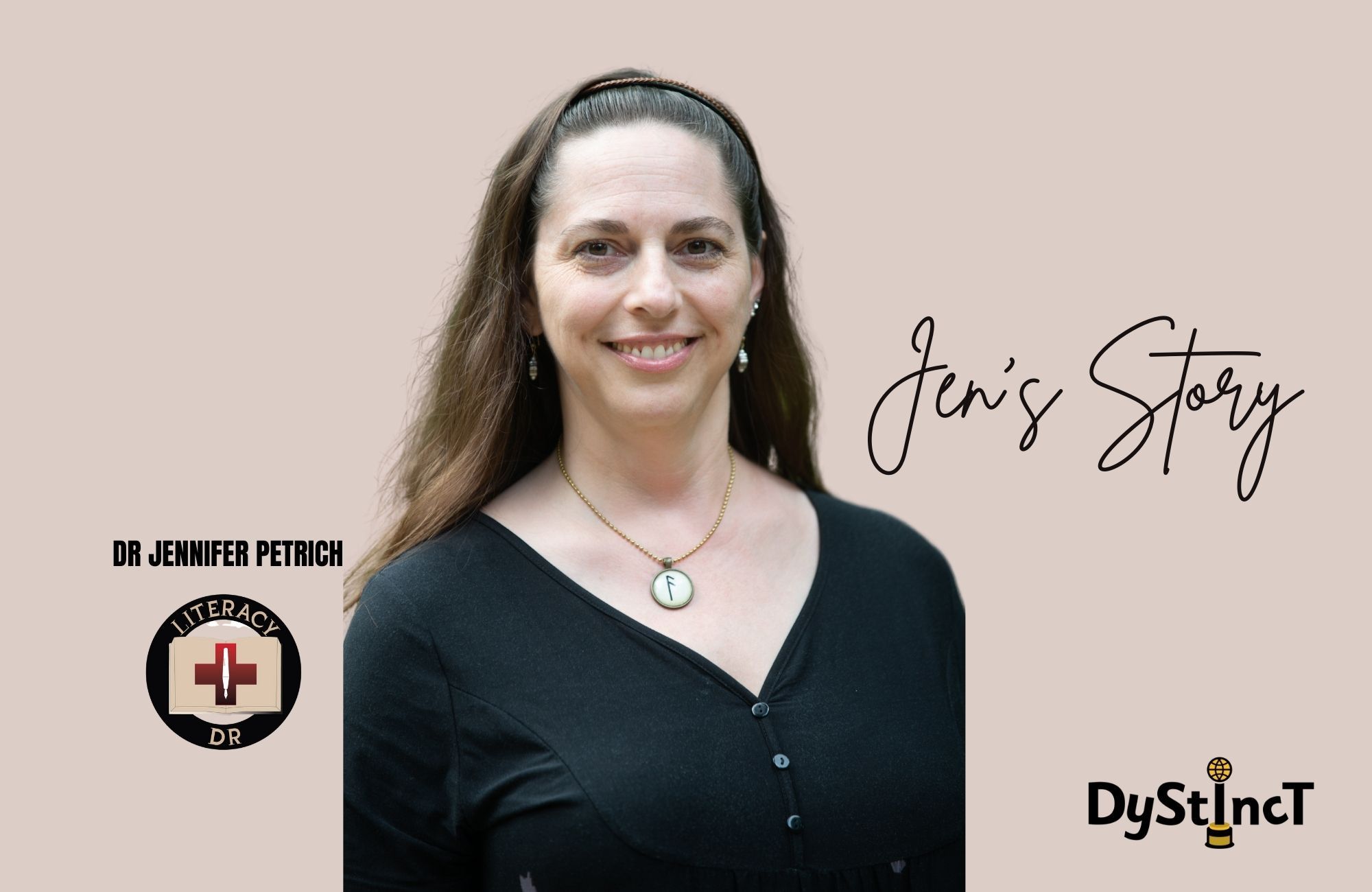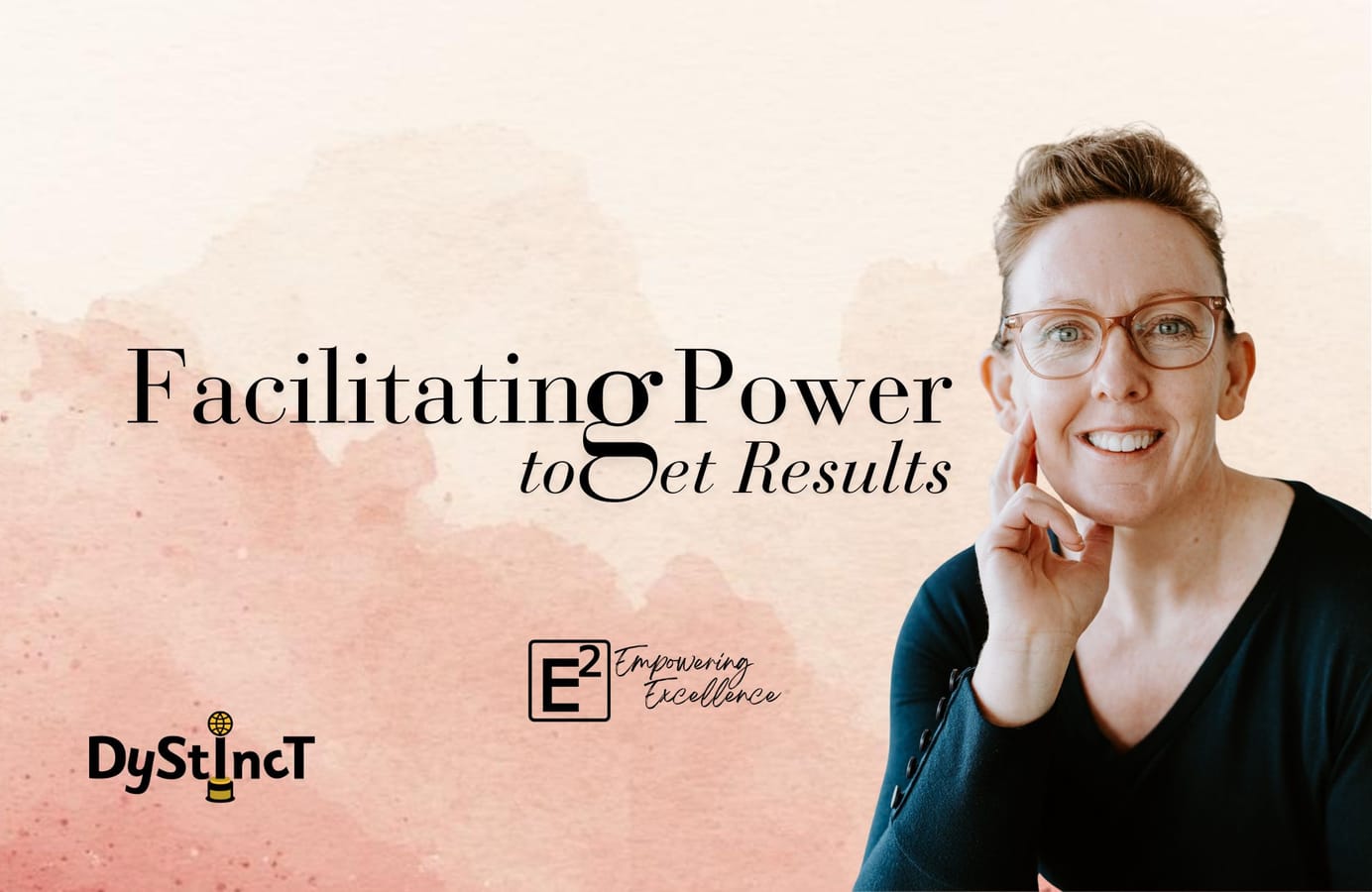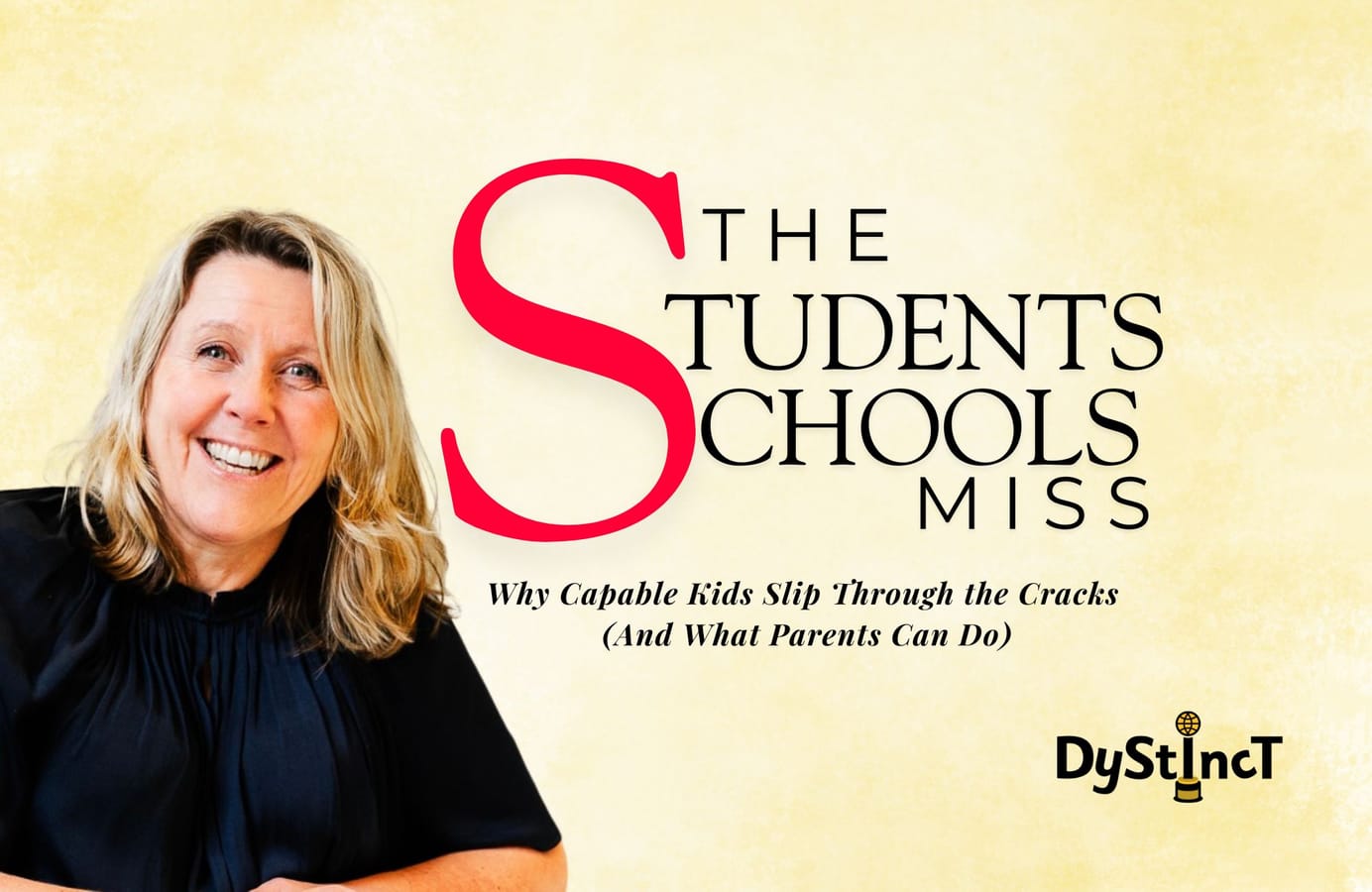
Issue 14: There Are Many Stories | Dr Jennifer Petrich, Sara Lee, and Bradley Johnson
Dr Jennifer Petrich, Sara Lee, and Bradley Johnson narrate how they embarked on a journey of structured word inquiry with struggling students.
Dr Jennifer Petrich, Sara Lee, and Bradley Johnson narrate how they embarked on a journey of structured word inquiry with struggling students, thereby leading them to understand the power of the English writing system, fostering connections in the meaning and structure of words, and empowering them to rewrite their own stories with their newfound confidence and independence.
Anyone who has invested time and effort into helping children who struggle with reading has a story. Most of them start with the teacher or educational professional witnessing the pain of a struggling student that believes their struggle is because they're dumb and unable to learn. These stories often continue with hope as the student receives intervention, makes progress, and starts to read. However, that is not the end of those stories. It's only the beginning.
Many of these students who have made progress after years of phonics-based interventions find themselves starting to struggle again as they move into higher grades and on to more sophisticated written language. The reading specialists, resources teachers, and academic therapists we talk to say that they're not sure how to help these students. These students who now have high phonemic awareness scores and have finished their programs are hitting a wall when it comes to fluency and comprehension at these higher levels. We see the phonics rules they learned letting them down. We see them only able to activate meaning from print via pronunciation. They aren't able to make that leap to activating meaning directly from the text on the page. And they inevitably struggle with spelling. No one is telling that story.
We'd like to tell ours now.
Jen's Story

Reading and spelling was always easy for me, but by the end of elementary school, I realized this wasn't the case for everyone. It wasn't the case even within my own family. My mother loved books, but reading was slow and laborious for her. I would sometimes read books aloud to her while she cooked to save her time and effort. Spelling was even more difficult. She would often ask me how to spell words when she was trying to write a card or a grocery list. I knew she was very smart, but I didn't understand why she couldn't do these things well.
In college, I sought out an opportunity to work with dyslexic students. I was fascinated to find how different my students were despite all having the same dyslexia diagnosis. I decided to go to graduate school to learn more about the brain and what was causing the challenges that my students had. That my mother had.
This post is for paying subscribers only
SubscribeAlready have an account? Log in


